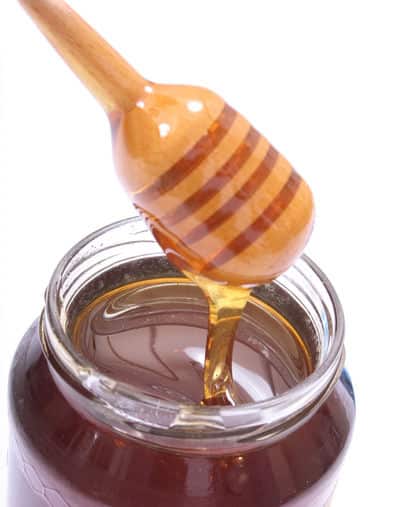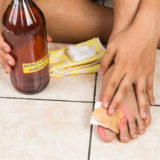

Bees have been around for a long time. And so, therefore, has honey. At some point, “way back when,” an inquisitive young hunter-gatherer decided to taste some of the sticky stuff dripping out of the hive. The delectable reward that he or she discovered was probably worth a few stings; honey has been a worldwide food staple ever since. It was, in fact, the primary sweetener used in cooking until the 1500s when the mass production of refined sugar replaced it. Along the way, honey became known for many medicinal uses ranging from wound healing to allergy relief. Some of the health benefits that are credited to honey are still in the category of anecdotal, but a growing body of research indicates that, 3,000 years ago, the Egyptians and Chinese were on the right track.
Since then the legend of honey’s medicinal power has grown. Just type “health benefits of honey” into your internet browser and you will have hours of interesting reading. To be sure, there are dependable uses for honey that are backed by research or time-tested use. Other claims are best taken with some skepticism until proven reliable. Here is a list of a few of the valuable benefits of honey, beyond its powerful effect on peanut butter toast:
- Skin Care – As a natural humectant, honey attracts and retains water in the skin. It is a common ingredient in many facial and skin care products such as: moisturizer, soaps and shampoos. It is recognized for its antibacterial and antifungal properties and has been used effectively to treat acne. In addition, honey is full of antioxidants that have a protective effect for the skin against sun damage. Honey can be used directly on the skin, in creams or lotions, or poured directly into bath water.
- Antibacterial/Anti-Inflammatory – Honey has been shown in lab studies to hamper the growth of food borne pathogens such as E. coli, Salmonella, Staph. aureus and Pseudomonas aeruginosa. This quality may be why honey has been shown to be effective for wound healing.
- Wound Healing – Numerous studies have supported the age-old application of honey to lacerations, abrasions, ulcers and acne of the skin. Due apparently to its antibacterial qualities, honey shows promise as a treatment for stomach ulcers caused by the H. pylori bacterium. Manuka honey from New Zealand is known to be especially effective in this regard.
- Cough Suppression – Multiple studies have shown honey to be significantly more effective than dextromethorphan for controlling nighttime cough and sore throats in children. Probably a lot easier for parents trying to get their sick child to take than medicine and no worries of side effects. *See below.
- Internal Health – As a prebiotic/probiotic honey is thought to support floral balance in the digestive tract by delivering healthy bacteria and supporting “good bugs” nutritionally. Early research has linked honey to weight-loss, and some believe that honey has beneficial effects for Type 2 diabetes owing to its relatively low glycemic index compared to other sugars.
Some Cautionary Notes:
The general consensus of the available information is that the beneficial effects of honey are derived from raw unprocessed honey. The pasteurization process destroys most of the enzymes and other healthy ingredients due to the denaturing effect of heat. Moreover, most commercial honeys are pasteurized and filtered so they look nice and clear. Unfortunately, the filtration process removes important healthful elements like pollen. Lastly, there are commercial brands of honey that contain high fructose corn syrup as the primary ingredient. Those products carry none of the health benefits of real honey and all of the dangers of a high glycemic index refined sweetener.
For the most part, the darker honeys are thought to have a higher antibacterial quality. The best quality honeys are usually found in farmer’s markets and food coops. But if you’re looking in the supermarket, choose the darkest honey labeled “raw, unprocessed.” And check the back label to be sure it really is what it says it is.
One last precaution: while it’s great for the whole family to enjoy honey both as a sweet treat and a medicine, pediatricians advise against feeding honey to children under the age of 12 months or to the immune-compromised. This is due to the small amount of C. botulinum organisms that are found in raw honey. Young children have not developed enough immune function to protect them from the effects of the toxin.
Other than that, there is every reason to enjoy this wonderful sweetener provided by nature. So, do like Pooh…enjoy.




